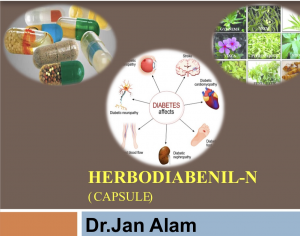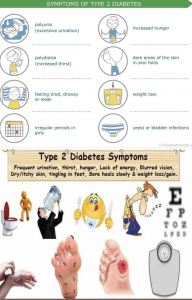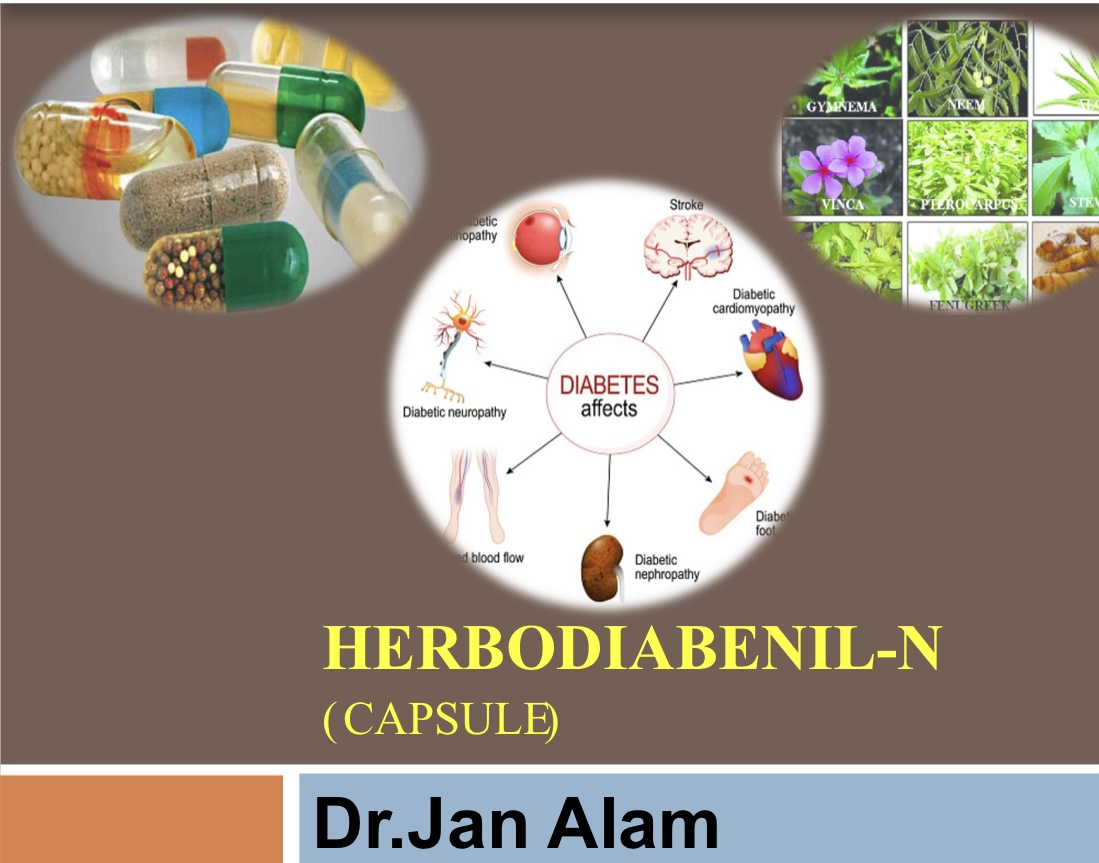
What is Diabetes.
- Diabetes is a chronic (long-lasting) health condition that affects how your body turns food into energy.
- Type 1 Diabetes
- Type 1 diabetes is thought to be caused by an autoimmune reaction (the body attacks itself by mistake) that stops your body from making insulin.
- Type 2 Diabetes
- With type 2 diabetes, your body doesn’t use insulin well and can’t keep blood sugar at normal levels. About 90-95% of people with diabetes have type 2.
Diabetes Risk Factors.
Type 1 Diabetes
- Type 1 diabetes is thought to be caused by an immune reaction (the body attacks itself by mistake). Known risk factors include:
- Family history: Having a parent, brother, or sister with type 1 diabetes.
- Age: You can get type 1 diabetes at any age, but it’s more likely to develop when you’re a child, teen, or young adult. Type 2 Diabetes
You’re at risk for developing type 2 diabetes if you:
- Have prediabetes
- Are overweight
- Are 45 years or older
- Have a parent, brother, or sister with type 2 diabetes
- Are physically active less than 3 times a week
- Have ever had gestational diabetes (diabetes during pregnancy) or given birth to a baby who weighed more than 9 pounds
Diabetes Symptoms.
If you have any of the following diabetes symptoms, see your doctor about getting your blood sugar tested:
- Urinate (pee) a lot, often at night
- Are very thirsty
- Lose weight without trying
- Are very hungry
- Have blurry vision
- Have numb or tingling hands or feet
- Feel very tired
- Have very dry skin
- Have sores that heal slowly
- Have more infections than usual
Diabetes Tests
1. Fasting Blood Sugar Test 2. Glucose Tolerance Test 3. Random Blood Sugar Test 4. Tests for Gestational Diabetes 5. Glucose Screening Test 6. A1C Test
Signs and symptoms of type 2 diabetes.
Signs and symptoms of type 2 diabetes often develop slowly. In fact, you can be living with type 2 diabetes for years and not know it. When signs and symptoms are present, they may include:
- Increased thirst
- Frequent urination
- Increased hunger
- Unintended weight loss
- Fatigue
- Blurred vision
- Slow-healing sores
- Frequent infections
- Numbness or tingling in the hands or feet
- Areas of darkened skin, usually in the armpits and neck

Introduction.
1. Natural Product 2. Source from Plants
- No side Effect.
- Dosage Form:- Capsule.
- Easily to be taken.
6. Recovery from disease (diabetic)
- Product design according to the protocol of Good Manufacturing Practice.
(Effect on Eye)
HerboDiabenil-N(Effect on Eye)
Normalized the Signs and symptoms due to Diabetic Disease
(Effect on Stomach)
(Effect on Kidney)
Symptoms of diabetic kidney disease.
(poorly controlled diabetes can cause damage to blood vessel clusters in your kidneys that filter waste from your blood. This can lead to kidney damage and cause high blood pressure. High blood pressure can cause further kidney damage by increasing the pressure in the delicate filtering system of the kidneys.)
- Difficulty thinking clearly.
- A poor appetite.
- Weight loss.
- Dry, itchy skin.
- Muscle cramps.
- Fluid retention which causes swollen feet and ankles.
- Puffiness around the eyes.
- Needing to pass urine more often than usual.
HerboDiabenil-N(Effect on Kidney)
Normalized the Signs and symptoms due to Diabetic Disease
HerboDiabenil-N(Effect on Kidney)
Complications(Symptoms of diabetic kidney disease.)
Complications of diabetic nephropathy may develop gradually over months or years. They may include:
- Fluid retention, which could lead to swelling in your arms and legs, high blood pressure, or fluid in your lungs (pulmonary edema)
- A rise in potassium levels in your blood (hyperkalemia)
- Heart and blood vessel disease (cardiovascular disease), which could lead to stroke
- Damage to the blood vessels of the light-sensitive tissue at the back of the eye (diabetic retinopathy)
- Reduced number of red blood cells to transport oxygen (anemia)
- Foot sores, erectile dysfunction, diarrhea and other problems related to damaged nerves and blood vessels
- Bone and mineral disorders due to the inability of the kidneys to maintain the right balance of calcium and phosphorus in the blood
- Pregnancy complications that carry risks for the mother and the developing fetus
- Irreversible damage to your kidneys (end-stage kidney disease), eventually needing either dialysis or a kidney transplant for survival
HerboDiabenil-N(Effect on Kidney)
Normalized the Signs and symptoms due to Diabetic Disease
HerboDiabenil-N(Effect On Cardiovascular disease)
High blood sugar can damage blood vessels and the nerves that control your heart. People with diabetes are also more likely to have other conditions that raise the risk for heart disease: High blood pressure increases the force of blood through your arteries and can damage artery walls.
Cardiovascular disease CVD includes coronary artery diseases (CAD) such as angina and myocardial infarction. Other CVDs include stroke, heart failure, hypertensive heart disease, rheumatic heart disease.
HerboDiabenil-N (Effect On Cardiovascular disease)
Normalized the Signs and symptoms due to Diabetic Disease
HerboDiabenil-N(Effect on Feet)
Signs of Diabetic Foot Problems
- Changes in skin color.
- Changes in skin temperature. Swelling in the foot or ankle.

Pain in the legs.
- Open sores on the feet that are slow to heal or are draining.
- Ingrown toenails or toenails infected with fungus.
- Corns or calluses.
- Dry cracks in the skin, especially around the heel.
HerboDiabenil-N(Effect on Feet)
Normalized the Signs and symptoms due to Diabetic Disease
HerboDiabenil-N(Effect on Human Body)
Signs of diabetes
- When undiagnosed or uncontrolled, the effects of diabetes on the body can be noticed by the classic symptoms of diabetes, namely:
- Increased thirst
- Frequent need to urinate
- Fatigue
- Blurred vision and Tingling or pain in the hands, feet and/or legs
Diabetes and its effects on the nerves
- The effects of diabetes on the nerves can be serious as the nerves are involved in so many of our bodily functions, from movement and digestion through to sex and reproduction.
- The presence of nerve damage (neuropathy) is commonly noticed by:
- Numbness or tingling in the hands or feet
- Lack of arousal in the penis or clitoris
- Excessive sweating or
- Diagnosis of delayed stomach emptying
Diabetes and its effect on digestion
Diabetes can affect digestion in a number of ways. If diabetes has caused nerve damage, this can lead to nausea, constipation or diarrhoea.
Diabetes affect on the skin is usually a result of its affect on the nerves and circulation which can lead to dry skin, slow healing of cuts, burns and wounds, fungal and bacterial infections and loss of feeling in the foot.
Effect of diabetes on the kidneys
The kidneys are another organ that is at particular risk of damage as a result of diabetes and the risk is again increased by poorly controlled diabetes, high blood pressure and cholesterol.Diabetic nephropathy is the term for kidney disease as a result of diabetes.



